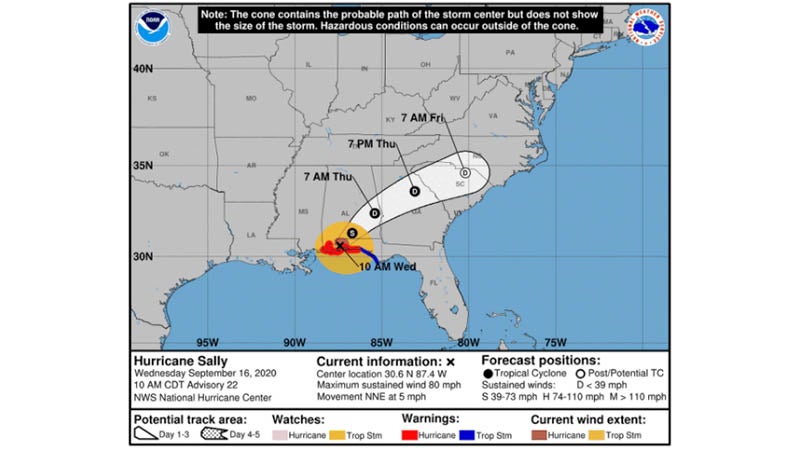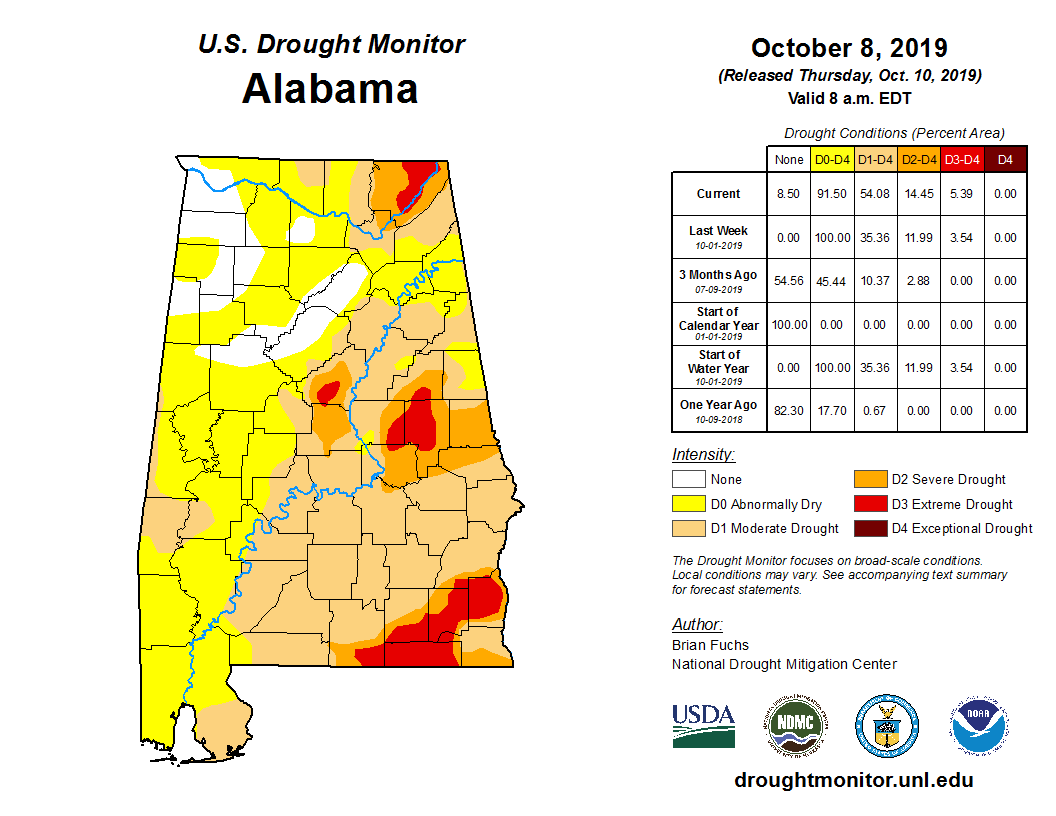Officers answer specifics on drug searches, traffic stops, teen sex
Published 10:47 pm Friday, March 27, 2015
Many of the more than 50 people who attended a meeting at the Carver Center in Florala this week showed up with specific questions.
Like, “How do you keep from getting shot if you get stopped?” and “What is statutory rape?”
Here’s a recap of some of the issues addressed:
• “What should you do, so you don’t get shot when being stopped?”
Florala Police Chief Sonny Bedsole, an almost 29-year veteran of law enforcement, said it’s simple.
“Sit with hands on steering wheel,” Bedsole said. “The officer is trying to see where your hands are. As a general rule, if it’s nighttime, put your dome light on, and sit with your hands on the steering wheel.”
If you reach for your wallet under the seat, or an insurance card in the glove compartment, he said, an officer will wonder if you are reaching for a gun.
“Let the officer walk up to car, ask for ID and proof of insurance, and if there are any weapons in the car,” Bedsole said. “If you’ve got one in there, tell them. If you start a dialogue, speak with them. You will be much better off this way.”
• “What information must you give to police?”
Bedsole said suspects have to give certain information, like their name, date of birth, and other clerical information.
“Otherwise, you will sit your butt in jail as John Doe until we get the information to process,” he said.
“But if you say, ‘I want a lawyer,’ the police should not talk to you about the case,” Bedsole said. “You can invoke your rights and not talk. If you are a witness and know what happened, it is reasonable to tell.”
• “Explain statutory rape.”
“If you’re 17 and your girlfriend or boy is 13, and you’re having sex, that’s rape in the second degree,” District Attorney Walt Merrell explained. “Here’s why. A 13-year-old, by definition of the law, does not have the capability to consent to intercourse. We don’t let them drive, buy beer, or vote.
“The problem comes when one person in a relationship is old enough to be charged, and one is younger, and they’re in a dating relationship.
“When we get our hearts broken, a lot of times young ladies go cry to mamas,” Merrell said. “In this day and age, you don’t want to make mama mad. Because at some point, if she discloses to mama you’ve been having sex. Then, guys, her mama shows up at Chief Bedsole’s office, and she demands Chief Bedsole to go forward.
“She does not have the capability to consent, and cannot refuse prosecution by law. The mama speaks for the child.
“If you are in a sexual relationship, and she’s underage, you are asking for trouble.”
Sixteen is the age of consent for sexual relations, Merrell said. If both male and female are younger than 16, and there is more than two years’ difference in the ages, intercourse can be classified as rape.
“We recently arrested four women in Opp who were having sex with a 15-year-old,” he said. “That’s second degree rape, and can get you two to 20 years in prison. It’s a felony. If you’re guilty, you have to register for the rest of your life as a sex offender. It’s a tatoo of sorts you never get rid of.”
• Attorney Allen Woodard asked the prosecutor to address the common teen practice of “sexting,” or using cell phones to share nude pictures.
“If you possess a picture of a person who is under the age of 18, and it shows some kind of nudity, that is possession of child pornography,” Merrell said. “The federal code allows one charge for each image. If you have a computer (or a phone) with 100 pictures, that’s 100 charges.
“State law is somewhat defective, in that it only allows us to charge one time,” he said. “If you don’t hear anything else, hear this. If you and your girlfriend or boyfriends take pictures of each other and exchange them, and her daddy finds the pictures, or your mama finds them on your phone, they are going to go nuts.
“When they do, they are going to the chief and sheriff,” he said. “You are going to be charged with possession of child pornography and have to register as a sex offender. It seems like fun and games, and juvenile love. But you are playing with fire.”
• Under what conditions can an officer search your vehicle?
“If an officer in a traffic stop has probable cause there is a crime afoot, he can search your vehicle over your objections,” Merrell said.
“The best example is the smell of marijuana in a vehicle. Then and there, over your objection, he can search the vehicle for marijuana.”
The “cause” must be immediate, Merrell said, and not based on previous charges. An officer can only detain a person as long as it takes to write a ticket, he explained, and can’t hold someone for a traffic violation until a drug dog arrives, unless he finds cause.
“If a dog alerts, and that dog has been certified and qualified, then that gives that officer probable cause to search.”
Seeing rolling papers, a chunk of cigar tobacco, or hollowed-out cigars in a vehicle gives probably cause, he said.
• “What should a woman do if she is stopped in a remote place?”
“Is it appropriate to drive to a lighted area to stop,” Bedsole said. “If you keep driving, maybe he thinks you’re not stopping for police. We tell ladies to call 911 and ask if an officer is pursuing you.”
Meeks said, “At least turn your flashers on and slow down so that the officer will know you see him and plan to stop.”




